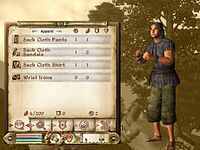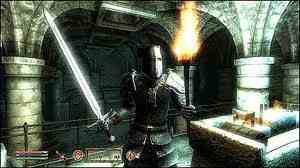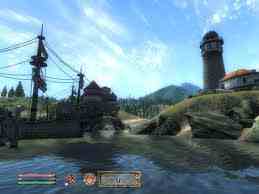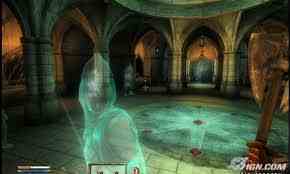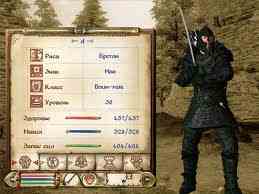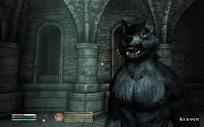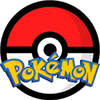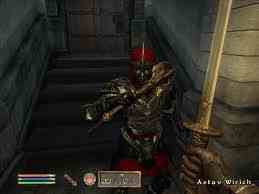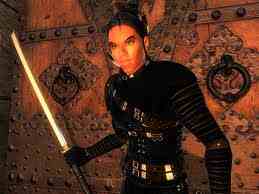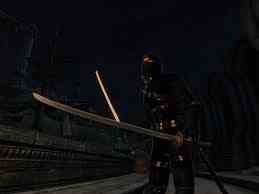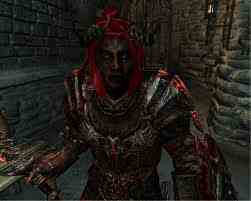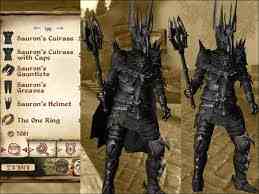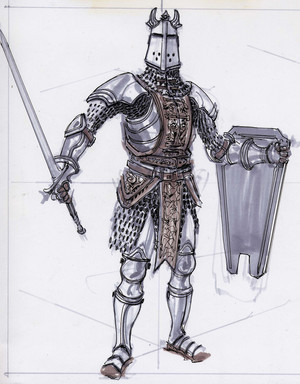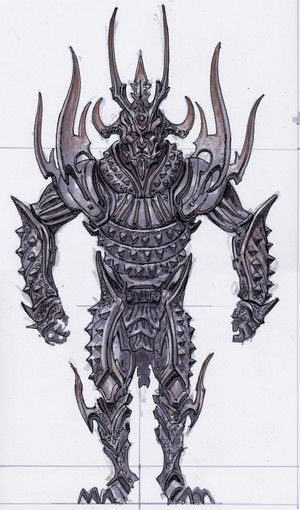Oblivion is an action role-playing game (RPG) that incorporates open-ended gameplay. The main quest can be postponed или ignored for as long as the player wishes to explore the expansive game world, follow side-quests, interact with NPCs, slay monsters and develop their character. The player is free to go anywhere in the realm of Cyrodiil at any time while playing the game, even after completing the main quest. The game never ends, and the player may build up the character indefinitely. The fast-travel system used in Arena and Daggerfall makes a return in Oblivion. When the player visits a location, it appears as an Иконка on the game world map. From then on, the player can travel to this location instantly if they are outside and not in combat, though the in-game time is adjusted to reflect the length of the journey. The game regards the player to be in combat when a hostile creature или NPC is near the player, regardless of whether или not the player is aware of the creature или vice-versa.[1]
Character development is a primary element of Oblivion. At the beginning of the game, the player selects one of many human или anthropomorphic races, each of which has different natural abilities, and customizes their character's appearance.[2] A perpetual objective for players is to improve their character's skills, which are numerical representations of their ability in certain areas. Seven skills are selected early in the game as major skills, with the remainder termed minor. The player levels up each time they improve their major skills by a total of ten points; this provides the opportunity to improve their attributes. Attributes are еще broad character qualities, such as "strength" and "willpower", while skills are еще specific, such as "blade" или "destruction" magic. The game rewards the player with "perks" when the player reaches either 25, 50, 75 или 100 points in a single skill. The game's 21 skills fall evenly under the categories of combat, magic, and stealth. Combat skills are used primarily for battle and incorporate armor and heavy weapons like blades, axes, maces, and hammers. Magic skills rely on the use of spells to alter the physical world, to affect the minds of others, to injure and debilitate enemies, to summon monsters to help fight, and to heal wounds. Stealth skills allow the player to crack locks, haggle for goods, use speech to manipulate people, and apply cunning in combat (through the use of a bow или with a sneak attack).[3] The spells, weapons, and other tools such as lockpicks that a player needs to employ and enhance these skills can be purchased in shops, stolen from NPCs, или found as loot on the bodies of foes или in dungeons.[4]
The inventory interface, where the player garbs, armors, and equips their character
Oblivion can be played in either a first- или third-person view. The player may change the level of difficulty at any time, thereby weakening opponents and increasing the chance of success for particular actions. The screen constantly presents a heads-up display, which provides information about the character's health, magicka, and fatigue, all of which can be increased by leveling up. Health can be restored by spells, potions, или resting; the loss of all health results in death. Magicka allows for and is depleted by the use of spells; it is rejuvenated naturally over time, but it can be restored similarly to health. The character's effectiveness in combat and general efficiency are functions of fatigue.[3] Throughout the world are a variety of enemies, including standard Фэнтези monsters like imps and goblins, and Животные like bears and wolves. Enemies become stronger and weapons and armor еще effective as the player levels up. This game mechanic, level-scaling, was incorporated to maintain a constant and moderate aspect of difficulty. However, level-scaling, combined with the leveling system has received criticism, as it has the potential to unbalance the game; characters with major skills that increase on an involuntary basis, such as athletics или armor, can find they level too quickly, making the enemies proportionately harder than intended.[5]
Character development is a primary element of Oblivion. At the beginning of the game, the player selects one of many human или anthropomorphic races, each of which has different natural abilities, and customizes their character's appearance.[2] A perpetual objective for players is to improve their character's skills, which are numerical representations of their ability in certain areas. Seven skills are selected early in the game as major skills, with the remainder termed minor. The player levels up each time they improve their major skills by a total of ten points; this provides the opportunity to improve their attributes. Attributes are еще broad character qualities, such as "strength" and "willpower", while skills are еще specific, such as "blade" или "destruction" magic. The game rewards the player with "perks" when the player reaches either 25, 50, 75 или 100 points in a single skill. The game's 21 skills fall evenly under the categories of combat, magic, and stealth. Combat skills are used primarily for battle and incorporate armor and heavy weapons like blades, axes, maces, and hammers. Magic skills rely on the use of spells to alter the physical world, to affect the minds of others, to injure and debilitate enemies, to summon monsters to help fight, and to heal wounds. Stealth skills allow the player to crack locks, haggle for goods, use speech to manipulate people, and apply cunning in combat (through the use of a bow или with a sneak attack).[3] The spells, weapons, and other tools such as lockpicks that a player needs to employ and enhance these skills can be purchased in shops, stolen from NPCs, или found as loot on the bodies of foes или in dungeons.[4]
The inventory interface, where the player garbs, armors, and equips their character
Oblivion can be played in either a first- или third-person view. The player may change the level of difficulty at any time, thereby weakening opponents and increasing the chance of success for particular actions. The screen constantly presents a heads-up display, which provides information about the character's health, magicka, and fatigue, all of which can be increased by leveling up. Health can be restored by spells, potions, или resting; the loss of all health results in death. Magicka allows for and is depleted by the use of spells; it is rejuvenated naturally over time, but it can be restored similarly to health. The character's effectiveness in combat and general efficiency are functions of fatigue.[3] Throughout the world are a variety of enemies, including standard Фэнтези monsters like imps and goblins, and Животные like bears and wolves. Enemies become stronger and weapons and armor еще effective as the player levels up. This game mechanic, level-scaling, was incorporated to maintain a constant and moderate aspect of difficulty. However, level-scaling, combined with the leveling system has received criticism, as it has the potential to unbalance the game; characters with major skills that increase on an involuntary basis, such as athletics или armor, can find they level too quickly, making the enemies proportionately harder than intended.[5]
Oblivion features the voices of Patrick Stewart, Lynda Carter, Sean Bean, Terence Stamp, Ralph Cosham, and Wes Johnson.[49] The voice Актёрское искусство received mixed reviews in the gaming press. While many publications praised it as excellent,[50][51][52] others found fault with its repetitiveness.[53][54] The issue has been blamed on the small number of voice actors and the blandness of the dialogue itself.[55] Lead designer Ken Rolston found the plan to fully voice the game "less flexible, less apt for user projection of his own tone, еще constrained for branching, and еще trouble for production and disk real estate" than Morrowind's partially recorded dialogue. Rolston tempered his criticism with the suggestion that voice Актёрское искусство "can be a powerful expressive tool" and can contribute significantly to the charm and ambience of the game. He stated "I prefer Morrowind's partially recorded dialogue, for many reasons. But I'm told that fully-voiced dialogue is what the kids want".[56]


